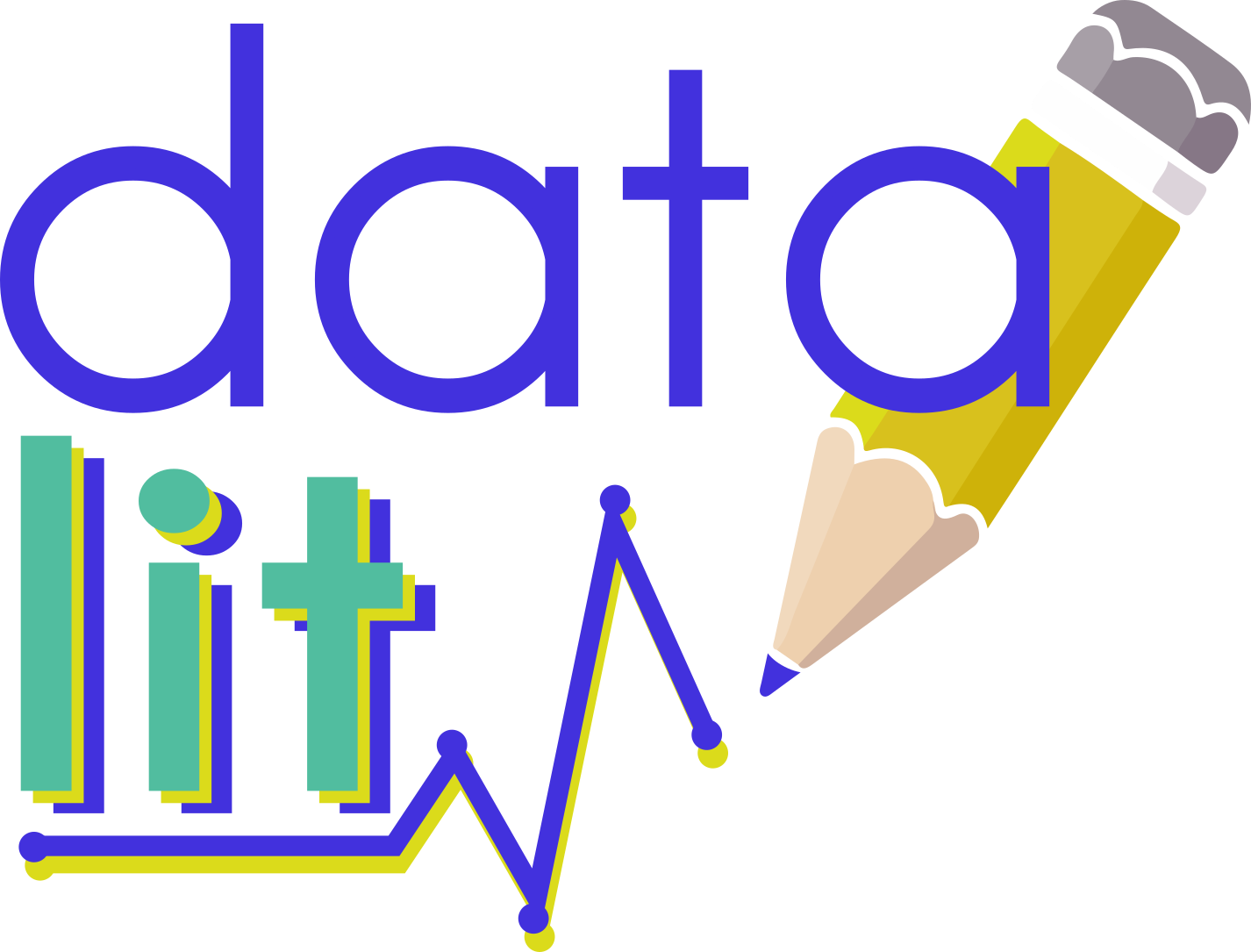 The project consortium conducted a questionnaire amont more than 700 respondents in order to collect their opinions regarding competences and skills related to data literacy. The questionnaire has been spread around Europe in different languages with the aim of being inclusive with different audicences. Please see below more information and key findings.
The project consortium conducted a questionnaire amont more than 700 respondents in order to collect their opinions regarding competences and skills related to data literacy. The questionnaire has been spread around Europe in different languages with the aim of being inclusive with different audicences. Please see below more information and key findings.
In the first section the respondent’s demographics were analyzed. The majority of respondents (74%) have 40 years old or below and, approximately, 60% of them are male. Respondents from 27 countries participated in the questionnaire, which the main contributors were Portugal, Serbia, Italy, Lithuania, and Albania. 55.4% work in companies and 20.2% in HEI, while the remaining respondents work at training providers, public entities, NGOs, and other kinds of organizations.
The second section refers to Data Literacy in general. 54.2% of respondents rated themselves with medium knowledge in Data Literacy. Approximately, 7% of respondents admitted they don’t have any knowledge in Data Literacy. 64.1% agree that personal development is the most important feature for Data Literacy. The four most important soft skills to have are evaluating/reflecting, critical thinking, problem-solving, and communication. 7.6% agree that leadership is a soft skill unimportant to Data Literacy. In terms of functional competences, reading/creating data classification rules is the most important, according to 56.2% of respondents.
The third section analyses the acquisition and development of Data Literacy related competences at the respondent’s organizations. 48.4% have a moderate promotion, by the organization, of acquisition and development of this competences, 25% have a rather strong promotion to acquire and develop this competences, and, approximately, 8% admit they don’t have any help from the organization in this matter. Unfortunately, between 33 and 59% of respondents don’t use any kind of tool or method to acquire and develop Data Literacy competences. Approximately, 64% of respondents say that their organization does not use any kind of validation, for Data Literacy related competences. The remaining respondents say the organization uses tools like LEVEL5, DigiComp, ESCO, job evaluation, tests and surveys, certifications, etc. The respondents have used frameworks for validation, like ESCO, DigiComp, EQF, and others. In their organizations, they often use online tools and use observation of facilitators/mentors, as a way to assess Data Literacy related competences. In terms of European frameworks for validating Data Literacy related competences, between 77% and 90% say they don’t know or don’t use any. Among the respondents that answered yes, the most known/used European framework is the ‘Key Competence Framework for Lifelong Learning’. About 69% of respondents use elearning and/or blended learning in their organization, where they mostly use videoconference and LMS digital tools, while the least used tools are e-portfolio and MOOCs. Approximately, 72% of respondents don’t know any open learning systems that connect with validation tools.
What we learnt
On the overall, it is possible to say that there is still some lack of knowledge in data literacy. Analysing the respondent’s answers and suggestions, it is clear that there is some confusion regarding Data Literacy soft skills and Data Literacy functional competences. In the text boxes, where respondents could put other soft skills they considered important, some of them wrote down technical skills, like ‘Digital skills’ and ‘Statistical knowledge’, instead. The same occurred in the functional competences text boxes, where respondents wrote software/tools instead. It becomes necessary to clarify these definitions. When it comes to the acquisition and development of Data Literacy related competences, it is clear that organizations don’t properly promote this acquisition and development, by not using tools and methods for this. And, in terms of validation of these competences, most organizations don’t use validation tools, while most respondents know or used this validation tools/frameworks. To assess Data Literacy related competences, organizations don’t use all the digital tools available for this, specially e-portfolio and MOOCs (that are normally free). Most respondents, said that that they don’t know open learning platforms connected to validation tools, the remaining respondents mention many online learning platforms for this. In conclusion, we can say that this questionnaire brought to light issues regarding the lack of knowledge on validation frameworks/tools in Data Literacy related competences. Many respondents work in IT roles and similar, and don’t know/use validation frameworks to validate digital skills (e.g. DigiComp). Other issue regards the digital tools used or little used by organizations, there is a need to create some awareness on the existing tools to acquire and develop Data Literacy related competences, so that organizations may use them properly and promote them among their employees/students and general population.


